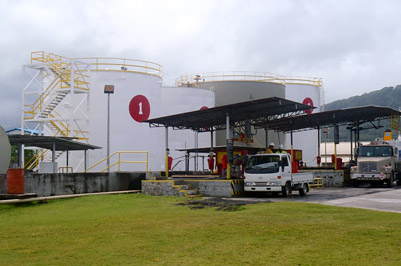
Behaviours + skills + knowledge = competency
Competencies are the behaviours, skills and knowledge required to perform a role. Many organisations confuse competencies with tasks and other qualities in their people. For example, ‘Leadership’ is often touted as a competency, when it is made up of many components and the term itself holds different meanings, depending on the situation at hand.
We believe that recruitment should be based on behavioural competencies, as behaviour is the most difficult thing to change in an individual. You can teach (or buy) skills and you can teach knowledge.
Competency frameworks and the effect of the Baby Boomer Brain Drain
Getting value out of a competency development framework is hard work. Without the right structures and processes in place, it is little
more than a piece of paper to your organisation, and within a short time the initiative will most likely die. Nowhere is that more true than with Gen Y employees.
Gen Y has a reputation for questioning the status quo and being unfazed by notions of seniority or symbolism. And with the Australian workforce undergoing significant change as the Baby Boomer generation retires and experienced employees are replaced with fresh Gen Y talent, this is a real issue that employers are grappling with right now.
In the case of a competency framework, this translates into a requirement to ensure that yours is truly capable of measuring and
assessing the competence of your staff, and that it goes beyond what a lot of organisations do in having a self-rated level of competence and little in the way of objective measurement.
Following are a few of our thoughts on why it’s important to build a functioning competency development framework in your
business, and how to do it.
Ensure an integrated design
Evaluating the behaviour, skills and knowledge required for each role is a necessary precursor to designing learning for employees. Competency development frameworks describe the competencies required to do the job, help analyse what competencies the employee has and accordingly, where the gaps lie between the two. They form the basis for a learning and development plan. To be truly effective though, they must be integrated with remuneration systems to ensure people are rewarded for developing their competence and not just performance, such as aligning salary bands to competencies rather than just roles. Used this way, a competency framework encourages people to become competent which—providing they are also willing—will drive performance.
Use evidence-based measures
A good competency framework will measure – really measure – the employee’s competence, and provide them with opportunities to be more critical about whether competencies are relevant and question the need for self-rating if there are no objective criteria to do so. More importantly, there can’t be incongruence between what is stated as being valuable in terms of competencies listed in job descriptions and recruitment advertisements, and what is actually done and rewarded in the organisation.
We design competency frameworks to fit the needs of your organisation, based on what you are trying to achieve with it. For more information on how we can help you, contact us today.











